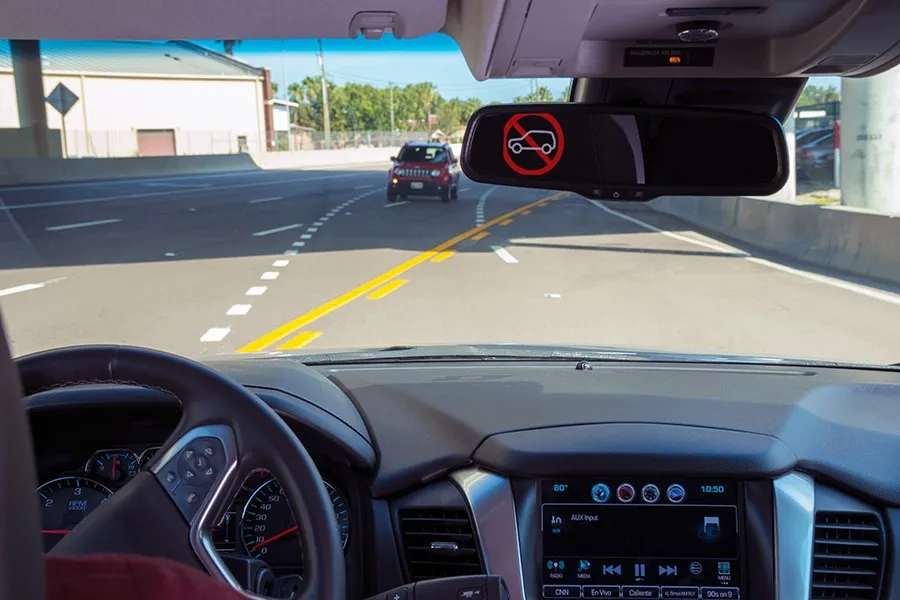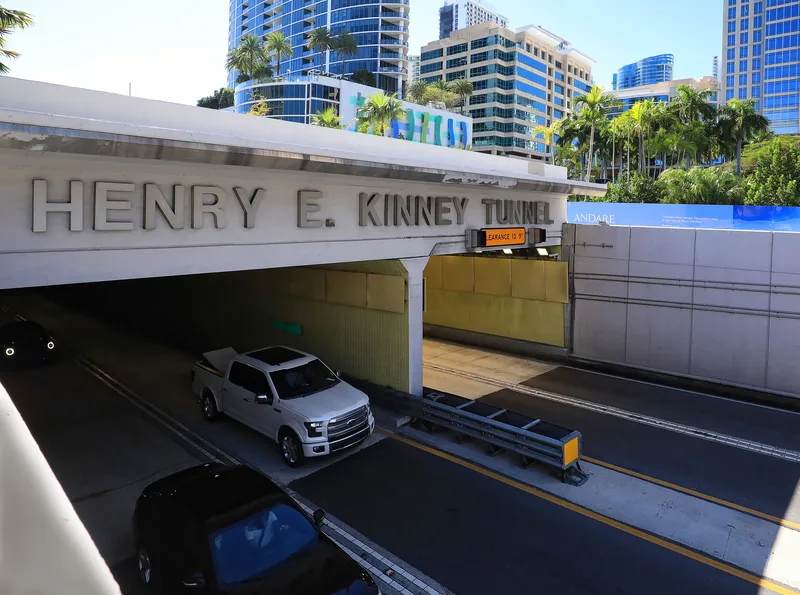
Tampa Hillsborough Expressway Authority (THEA) in Florida said it is working with Hyundai to use the Korean manufacturer’s vehicles in a connected vehicle (CV) pilot project.
The vehicle will be configured as CV-ready by the Hyundai America Technical Center in an effort to show that such vehicles can roll out of a production plant and be ready to operate in a CV environment.
Set up in the US state of Michigan, it is one of Hyundai Motor Group’s seven global research and development centres.
THEA is a public agency that operates with no tax dollars.
It owns the Lee Roy Selmon Expressway in Tampa as well as two non-tolled feeder roads - Meridian Avenue in Tampa and Brandon Parkway in nearby Brandon.
THEA also owns and operates the Selmon Greenway, a multi-purpose recreational pathway running beneath and alongside the Lee Roy Selmon Expressway.
THEA has been collaborating with the US Department of Transportation by operating as a connected vehicle pilot site under an $18.5 million grant.
The pilot project is explore how vehicles can communicate with roadside infrastructure and other vehicles and pinpoint hazards such as pedestrians, parked vehicle and cyclists.
In the past 18 months, the pilot project has warned 14 wrong-way drivers on interchange ramps, nine potential trolley crashes and has given over 1,500 speed warnings a month on freeway exit ramps.
“Hyundai has steadily invested in research and development furthering our commitment towards future innovations such as CV technology,” said John Robb, director of Hyundai’s electronic systems development.
“Working together with government organisations, such as THEA, and other industry partners allows us to better understand the benefits of these advanced features which may ultimately create a more safer and efficient driving environment."
In September, phase three of the THEA CV Pilot will be complete.
At that time, Hyundai and the authority will hold a demonstration to showcase how vehicles equipped with prototype CV technologies can interact with roadside units.
“The next step is integrating auto manufacturer on board technology,” said Bob Frey, project manager for THEA’s CV Pilot project.
“I believe this will be a dramatic improvement in how we are able to communicate with vehicles. Hyundai has been a great partner and this will be an exciting time."








